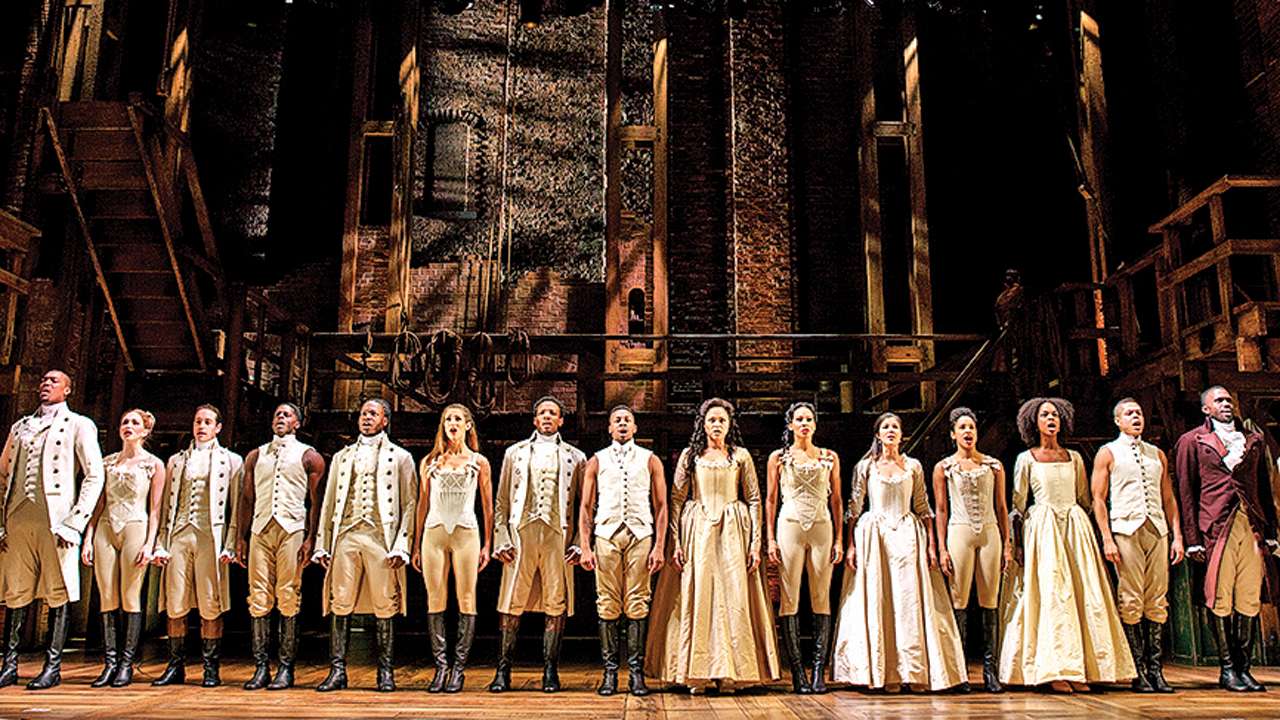
We know what “extracting a pound of flesh” means, even if we don’t know Shakespeare’s The Merchant of Venice. Wait, if Shylock wants not a pound of flesh, but to cut away Antonio’s manhood? Portia may appear in the nick of time to announce, “Sure, take the flesh. However, shed but a single drop of blood, and you will die. Don’t you know what happens to a rabbit in a court of foxes, a Jew among Christians?” And yet, what if Shylock has a machine that cauterizes blood as knife cuts flesh?
This is the twist in the tale in Merchant on Venice now playing in Chicago, which reshapes Shakespeare’s classic to showcase a desi diasporic community, rent by Hindu-Muslim conflicts in our times. Here Venice is Venice Boulevard, LA, California, where global business deals breed arrogance, hatred and cut-throat rivalry. Antonio is Devender, a billionaire businessman (Madrid St Angelo), his bosom pal Bassanio is a fading Bollywood star Jitender (Kamal Hans) trying to restore his fortunes by marrying Portia-Pushpa (Suzan Fakhoury), whose Bollywood producer father has set up a nouveau swayamvar for his dutiful daughter. The suitor must choose the right DVD to win her hand — from films by Girish Karnad, Satyajit Ray, and his own masala block buster. And Shylock? He is Sharuk (Anish Jethmalani) the devout Muslim moneylender, raising his daughter Noor (Luisa Blanco) in strict purdah and stricter sharia laws, only to wake up one morning to find her gone, to join a rock band with Latino boyfriend.
Two Chicago theatre companies — Rasaka and Vitalist — collaborated to produce this play in which immigrants coming to a new land to make a better life remain shackled to old ways of being inhuman and insensitive. Shishir Kurup’s script in ornate verse makes clever use of romance, irony and farce to zoom in on tragic conflicts, comic confusions, sexual fears, and racial prejudices. But director Liz Carlin Metz has to deal with an overload of topical references ranging from gender politics to castration, a bunch of characters not always necessary to the plot, and cliches like Bollywood dancing. In this bewildering maze, Devender and Sharuk go far beyond the stereotype.
Two moments of fine acting stand out. Kavita (Nayyar) talks to the vengeful Hindu gang about the essence of their faith (tat tvam asi/ that thou art). “If everyone is everything, how can anyone harm anyone?” Sharuk (Jethmalani) raises his knife, but drops his hand and walks away, leaving his victim unhurt, free. In this wordless gesture, he actualises that ideal.
The next play I saw was also about the racial divide — Guess Who’s Coming to Dinner — damned by the Chicago Tribune as an “unnecessary adaptation” of William Rose’s screenplay. The film was about what happens when a Black man and a White girl decide to marry. Their parents break into explosive conversations as they grapple with the idea of inter-racial marriage. The play maintains the same structure, confined to an obviously symbolic black-n-white drawing room. The poor Black father is overtly aghast, but the upper class White father discovers that it is one thing to peddle liberal ideologies, another to practise them.
The reviewer added that “the play’s imagined need to edify an audience leaves little room for challenging them.” True, the issues are dated and overstated. But the prejudice is alive. And I thought: What if the Black man is not the highly qualified, internationally known Dr Prentice? What if the White girl is less charming, less idealistic? What a discomforting challenge for writer and viewer...
In the land of the brave but not-so-free immigrant, recent protest rallies flashed a poster screaming “It is easier to buy a gun than tickets for Hamilton!” Even with a ticket, I found it tough to bore through the milling crowds to see the musical, which attracts pilgrims, not spectators. Frenzied applause greeted every scene, adults and children silently mouthed every song. The music and dancing were superb, but not more panoramic than in similar Broadway hits.
So what makes Hamilton, a history lesson in pulsating rap about a less known American Founding Father, such a draw across age and race? And does the show make Washington and Jefferson easier to relate to because they are played by Black actors? Could it be that the untold tale of an immigrant moves every one of us, even hardcore bigots in Trumpland?
As I write this on his death anniversary in Chicago, I remember Martin Luther King’s words, “We may have come on different ships, but we are in the same boat now.”
Ah, but the real question is: Where do we go from here?
The author is a playwright, theatre director, musician and journalist